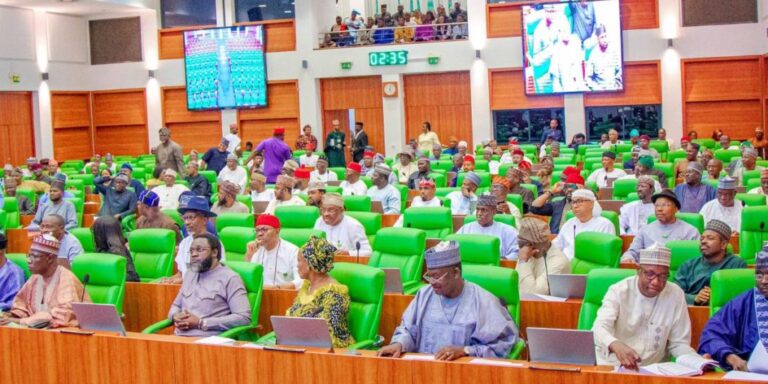The House of Representatives on Tuesday advanced a bill seeking to establish a Federal College of Entrepreneurship and Skills Acquisition in Ntigha, Isiala Ngwa North, Abia State, as it passed its second reading.
The proposed institution aims to address youth unemployment and foster economic self-reliance by equipping young Nigerians with practical skills.
Leading the debate, the bill’s sponsor, Hon. Ginger Obinna Onwusibe, emphasized the urgent need to prioritize vocational and entrepreneurial education as a solution to Nigeria’s rising unemployment crisis.
“Nigeria faces a growing youth unemployment challenge, largely due to an overreliance on white-collar jobs,” Onwusibe stated. “To tackle this, we must shift our focus toward equipping young people with practical, job-creating skills.”
He highlighted Ntigha’s strategic location—close to major commercial hubs in the Southeast—as an ideal setting for the proposed institution.
The college is expected to offer specialized training in key sectors such as agriculture, technology, manufacturing, and digital innovation, aligning with the federal government’s broader economic diversification strategy.
Onwusibe noted that similar institutions in other countries have significantly contributed to economic transformation. He urged Nigeria to adopt the same approach to boost productivity, reduce poverty, and strengthen local industries.
“This initiative will not only empower our youth but also stimulate local industries, enhance national productivity, and position Nigeria competitively in the global skills economy,” he added.
The bill, officially titled A Bill for an Act to Establish the Federal College of Entrepreneurship and Skills Acquisition, Ntigha, Isiala Ngwa North, Abia State, to Provide Full-time Courses, Teaching Instruction, and Training in Technology, Applied Science, Arts, Social Sciences, Humanities, and Management; and for Related Matters (HB.1165), will undergo further deliberations before a final decision is reached.
If enacted, the institution could play a pivotal role in reshaping Nigeria’s entrepreneurial landscape and addressing the country’s high unemployment rate.

